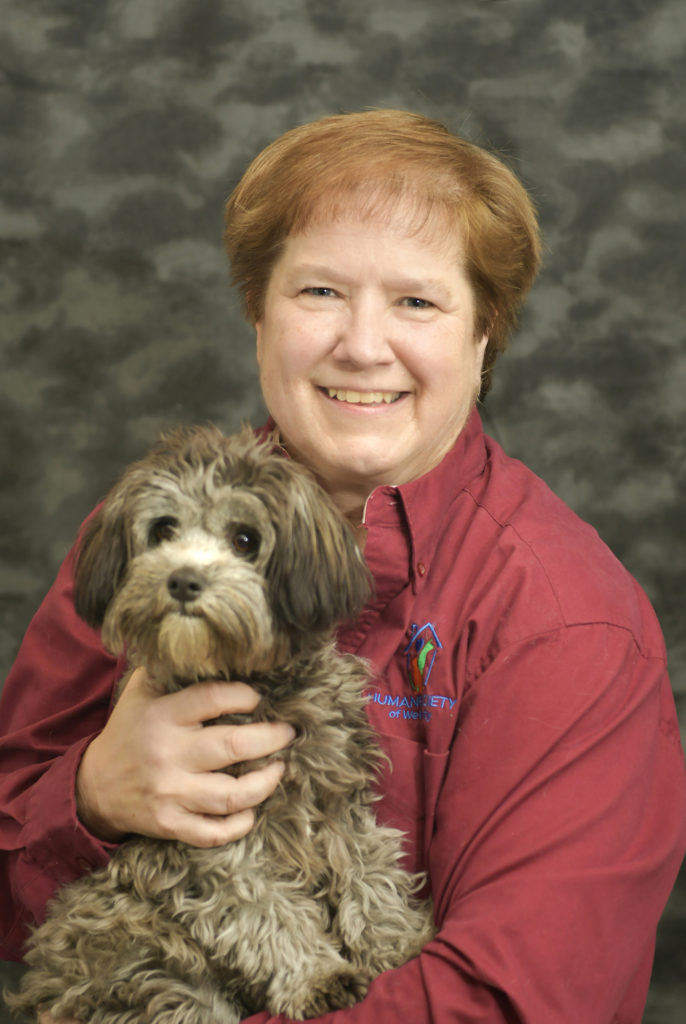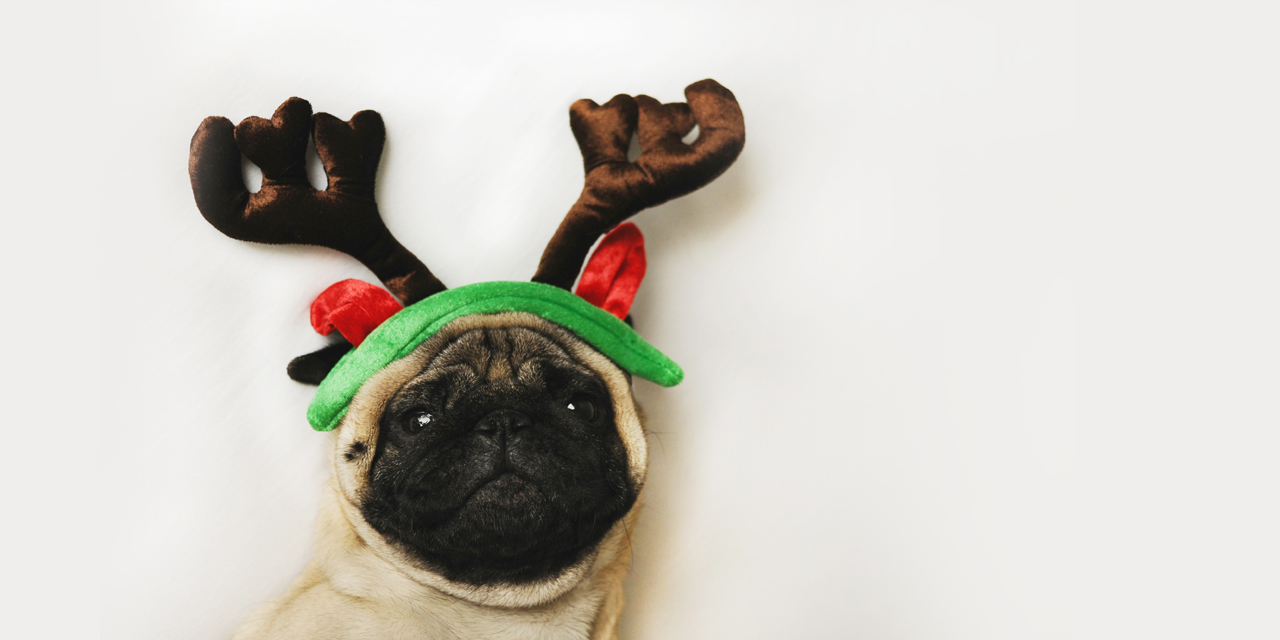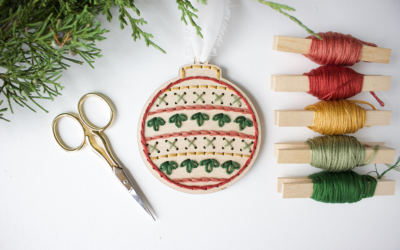By Kay Rios
That adorable fluffy animal with the festive ribbon might have brought squeals of delight from kids at Christmas, but now that the initial excitement has worn off, reality may rear its inconvenient head.
Introducing a new pet into a home requires work, says Rebecca Ruch-Gallie, DVM, chief of Community Practice at Colorado State University’s James L. Voss Veterinary Teaching Hospital. “Pet owners have many things to consider. Are they in a position to take an animal on? This entails responsibility and, for a cat, dog or bird, it’s a high degree.” There’s also the cost factor, she says. “Food is not free, vet care is not free. Is this person willing to take on all of that? The new owner also needs to be aware of the personal time the pet needs, the vet care involved and the best environment for the animal.”
Defining the best environment is species dependent, says Dr. Ruch-Gallie. “But, for a cat or dog, a safe, reasonably confined space is important in the first few weeks or months. Look through the home from a cat’s or dog’s eye view. What looks good to chew on? Tape down electrical cords, or watch your pet closely, so they can’t chew on them. Chocolate, poisonous plants, human medications, any candy or gum with artificial sweeteners should be put out of reach. Window blind cords should be wrapped, especially with a new cat.” She suggests the Indoor Pet Initiative website for information about creating rich and safe indoor environments for dogs and cats.
A smooth transition into the home is important, says Elaine Hicks, Weld County Humane Society executive director. “The best thing is to be fully prepared, know the responsibility, have a vet in place already and make sure the home is comfortable and safe for the new pet. Crates are an ideal way to house-train a dog. Plus, since dogs are cave dwellers, this gives them a place to go where they feel safe. With a cat, all the supplies such as the litter box and the litter should be in place. Training for most pets takes only a week or two when it’s consistent with feeding patterns and positive reinforcement.”
“We recommend they get things set up ahead of time,” says Kären Kinnes, Pet City manager. “Create a plan that includes where they will sleep and where they will eat. And use a baby gate to cordon off an area if possible. Especially if you’re potty training you’ll have less space to watch. You can graduate the space as the dog becomes trained.”
Dr. Ruch-Gallie also suggests confining dogs and cats to a single room or two to “make things less scary. If there are resident animals, introducing them in neutral territory such as a park can be beneficial.”
“Don’t force the new pet to be friends with the existing one,” Kinnes says. “Stay close and watch them but let them work out who’s boss.”
Another option, Dr. Ruch-Gallie says, would be pheromone collars. “They can be calming and make introduction to new environments and people easier. It’s also important to take things slow and stay positive.”
Bonding with the new pet is imperative, she says. “Bonds are created by spending safe, positive time together. Like all relationships, a bond with an animal cannot be forced but must be nurtured. Play time and positive re-enforcement training sessions can help create the bond.”

Based on all of the necessary preparation and resulting responsibility, gifting an animal to someone is not usually a good idea. Since most gifts are surprises, it may backfire. “The gift of an animal requires involvement from the recipient,” Dr. Ruch-Gallie says. “Unless parents are giving a pet to their child, it should never be a surprise. It would be better to give a gift card for adoption at a shelter of choice.”
Hicks agrees. “They should let the person who’s receiving the gift make their own selection to match that person’s ability and wishes. For example, senior citizens may want the companionship but fear that the animal will outlive them so an older dog rather than a puppy might be more appropriate,” Hicks says.
The Humane Society doesn’t adopt animals out as surprise gifts, she says. “But they may go somewhere else to get them. And we certainly see a spike in January and February with surrendered pets from Christmas because the animal wasn’t a good match.”
“We discourage surprise gifts,” says Kinnes. “We’ll have people come in and say, for example, ‘my mother lives alone and needs a companion so we want to surprise her.’ We advise them to bring the person in and get her involved. It’s all about education.”
Holidays such as Christmas are not a good adoption time, Hicks says. “It’s such a crazy time with all the decorations and you’ll get cats eating plants and batting things off the tree. Or the new dog will think you brought the tree in for its convenience.”
With any holiday or party time, there’s too much going on with family and friends coming in and out of the house and the pet can get overlooked, Kinnes says. “It’s much better to introduce a new pet long before or after events like this.”
Again, it’s about the time needed to settle in and bond. “When the animal bond doesn’t happen or gets broken, it’s not the pet or the person’s fault; it’s just a mismatch,” Dr. Ruch-Gallie says.
“When we get pets back, it’s usually because the person doesn’t understand the commitment and didn’t do the research,” Hicks says. “A significant number of animals get returned because they’re destructive and that may be because they are bored. So it’s important to know the breed. Is it a working dog, a sporting dog? If you know, you can have enrichment in place so those types of behaviors don’t happen.”
Don’t rush to give up the animal, she says. “If it’s not a good relationship, it’s usually a training issue. Animals are social beings and it takes time to acclimate to new environments and build up confidence in a new home. While people are getting to know the animals, the animals are getting to know the people.”
The Weld County Humane Society has a behavior health line and a behavior technician is also available for assistance. “We can help people walk through pet problems,” she says.
Kay Rios, PhD., is a freelance writer based in Fort Collins. To comment on this article, send an email to letters@nocostyle.com.






